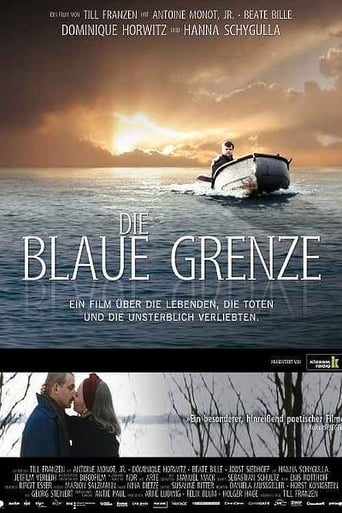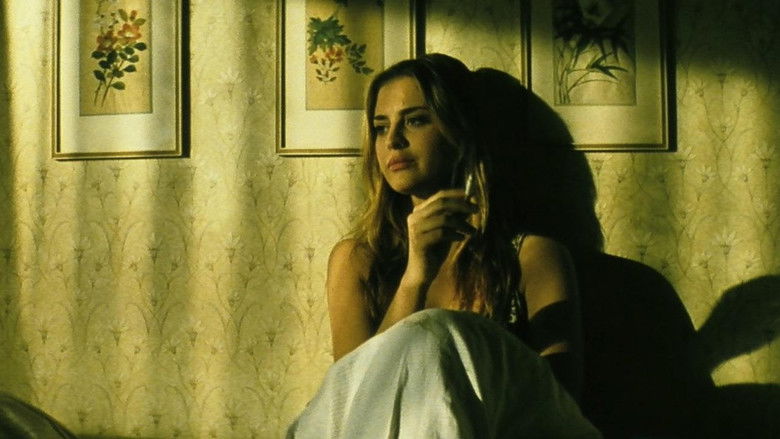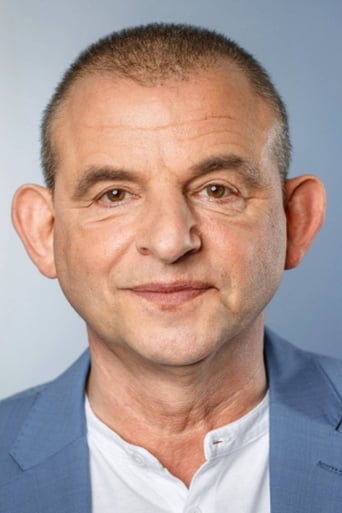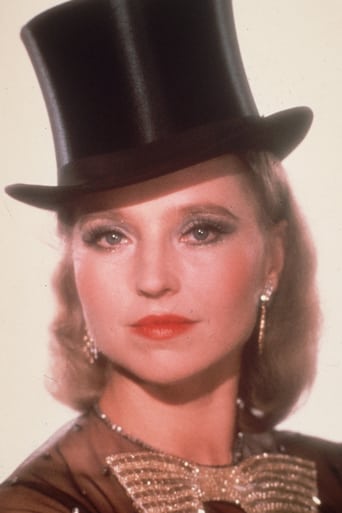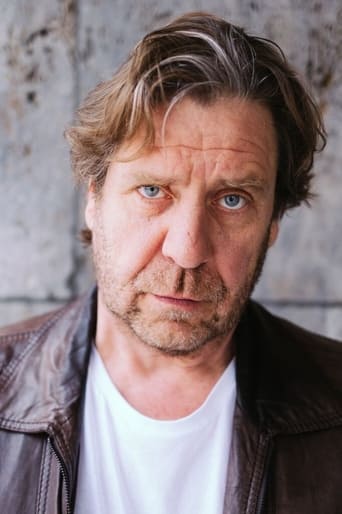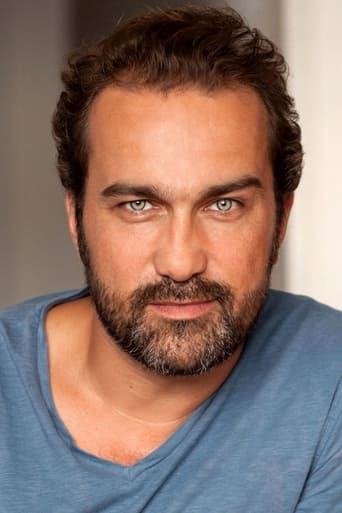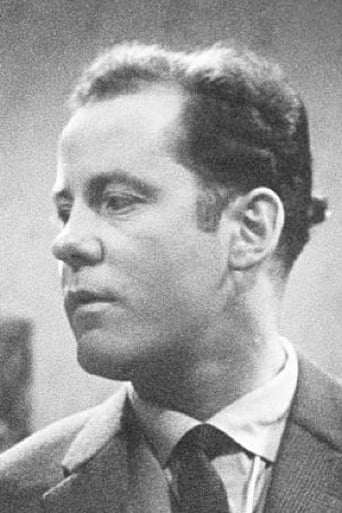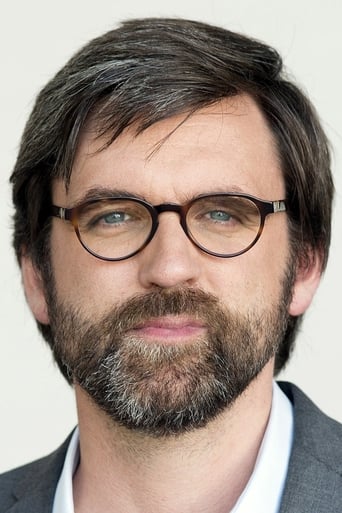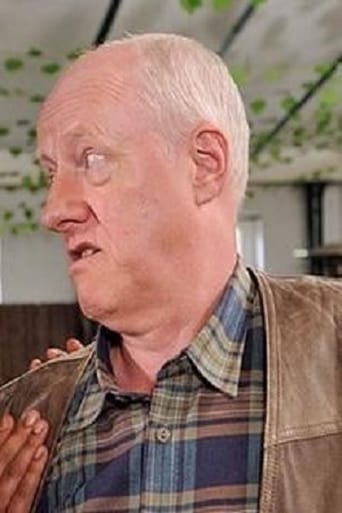Two very different love stories cross each other in warm and magical way. A humanistic and yet mysterious film about love and death near the German/Danish border.


Similar titles

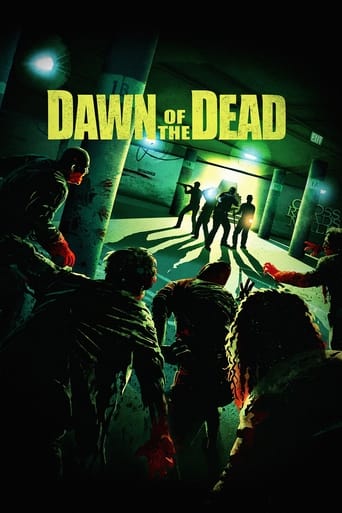
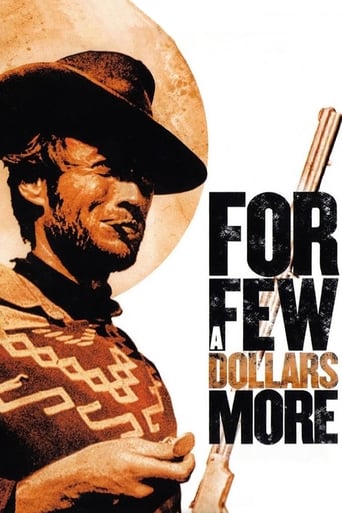
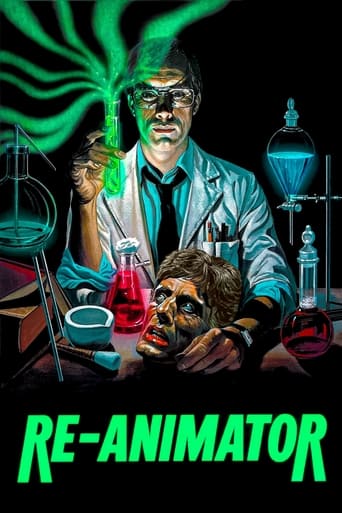
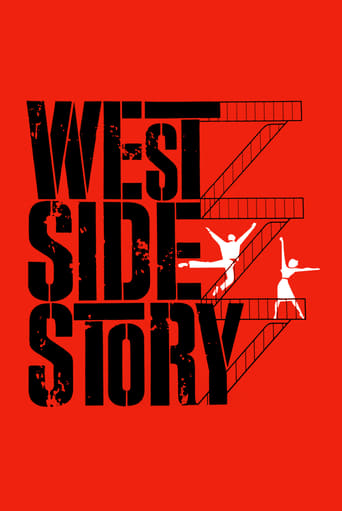
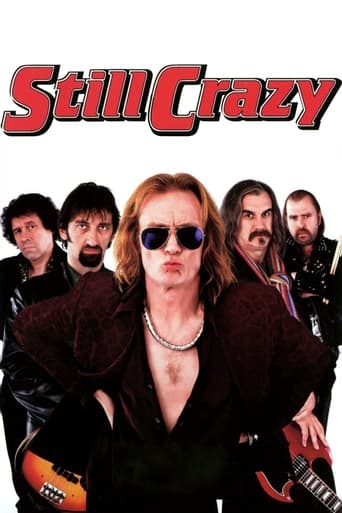
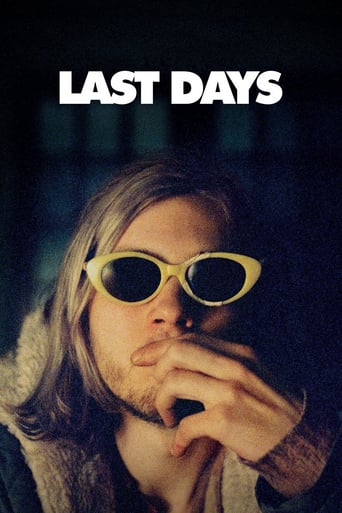


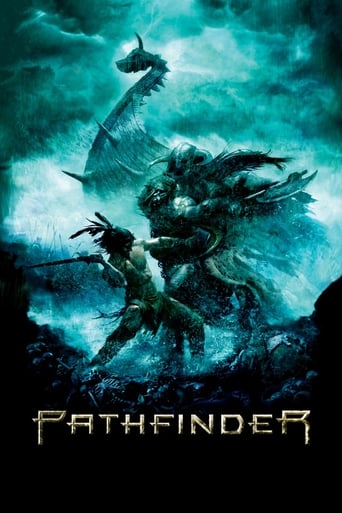
Reviews
"Die blaue Grenze" is a really amazing film with very specific mood that I haven't seen or felt before. Sometimes it is a single shot, sometimes it is how the different images communicate. In a way one can't believe that this film is German because it evokes a rare emotion that seems to be from another beautifiul planet. The actors are fantastic and believable. A nice bonus is that one really gets a feeling for the borderland between Denmark and Germany. The sea is like a just sometimes visible character that is always present. It anyhow seems there is a lot going on behind the images. Something mysterious, something magic, something unseen and unheard. So it fits that a hearing aid is placed in the centre of the film. I am very thankful for that film. In a way it changed my feelings. I lost my fear of death.
A shot of towering clouds. We drift slowly through these white mountains, and Hanna Schygulla's voice starts retelling an ancient legend from the Far East: a long time ago, the living and the dead inhabited the same world, but the dead grew in numbers and power, and the living feared them very much. So the living banished the dead into the world of mirrors.Franzen manages to set the mood for his whole film in these first minutes. Slow, beautiful, magical, and with a hint of longing and romance in Schygulla's voice.The movie tells three stories, softly interwoven: there is Momme, a 20-year-old boy whose father suddenly dies. Momme is the stereotype of a Northern German, greatly exaggerated: he hardly ever says a word or shows any kind of emotion. Momme goes to see his grandfather, to tell him of his father's death. The conversation between the two could summarize the whole movie again. Over dinner, Momme asks his grandfather why he doesn't live in the city anymore. The grandfather replies by saying that he can't stand the smell there; "ever since Grandma died, it reeks of death there", he says, and the subject is dropped. Momme never tells the old man of his father's death; somehow, the message comes through loud and clear in Momme's silence. Momme then flees his grandfather's little hut and runs into Lene, a strange, carefree Danish girl. They fall in love and immediately lose each other. This is the main narrative thread in the film: the story of Lene and Momme, and how they're doing everything to get back together.Then there is Hauptkommissar Poulsen; a police chief who seems to have not a single friend in life. His story tells of the constant struggle against loneliness. He is also the comic character in this film. While everyone else is chronically silent, he just can't seem to keep his mouth closed. Despite this absurd humour, Poulsen is probably the film's saddest character.Finally, the story of the old man pops up every now and then. As a reaction to his son's death, he flees his home and sets up a tent by the sea.The film is not sad or melancholy. It is actually pretty funny, mostly in a really absurd way. But what makes this film special is not its magical soundtrack, its enchanting landscapes (realized in gorgeous CinemaScope), or even the great characters. What made this film special, almost unique, to me was the director's approach to story-telling. This film has been hailed as the comeback of romantic film-making in German cinema and as a contrast to the recent fashion of gritty naturalistic films. While Franzen himself has said that he never planned this film as a contrast to anything or a comeback of anything, a certain sense of the magical permeates his work.There is, for instance, Momme's father's hearing aid. After his father's death, Momme takes that hearing aid and wears it himself. Lene's grandmother, on the other side of the blue border (a literal translation of the title), has evidently had an operation due to a cancer of the throat. She uses one of these electrical devices to amplify her voice. At one point, Momme whispers Lene's name into his father's hearing aid; we zoom into the hearing aid and out of the old lady's voice amplifier, and out of that little box we suddenly hear Momme's voice, distant and distorted.Thus we have here a magical film; a film which is well rooted in reality, which tells three very real stories, but which is also not afraid to "elegantly exaggerate", as Franzen put it in an interview.If you see only one German film in 2005, make it this one.
